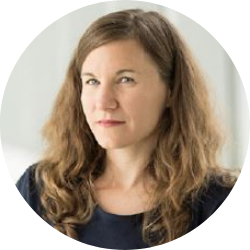The circular economy is defined as "a system of production, exchange and consumption designed to optimize the use of resources at all stages of the life cycle of a good or service, while reducing the environmental footprint and contributing to the well-being of individuals and communities". From this perspective, the inclusion of circular economy orientations in the future Government Sustainable Development Strategy 2022-2027 has the potential to be a driver of innovation for a green recovery.
This webinar was be an opportunity to unveil the courses of action resulting from a workshop organized on August 4, 5 and 6 by a multidisciplinary team from CIRANO, as part of a consultative process conducted by the Sustainable Development Coordination Office of the Ministry of Environment and Fight Against Climate Change, in collaboration with RECYC-QUÉBEC.






